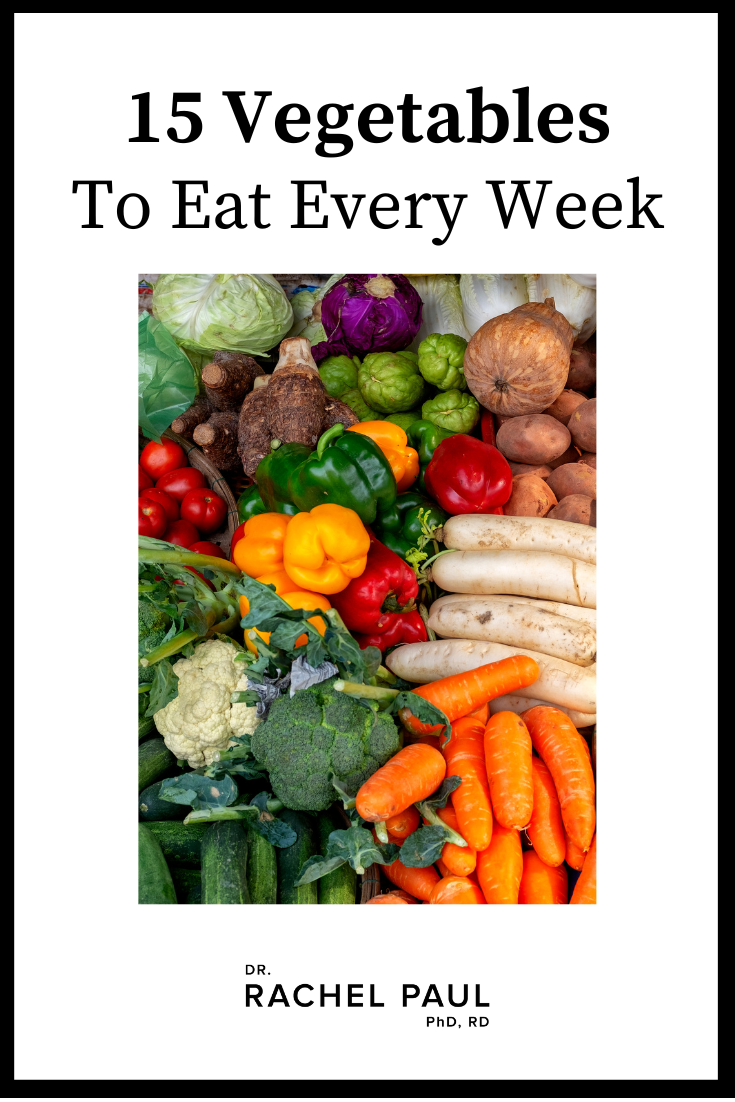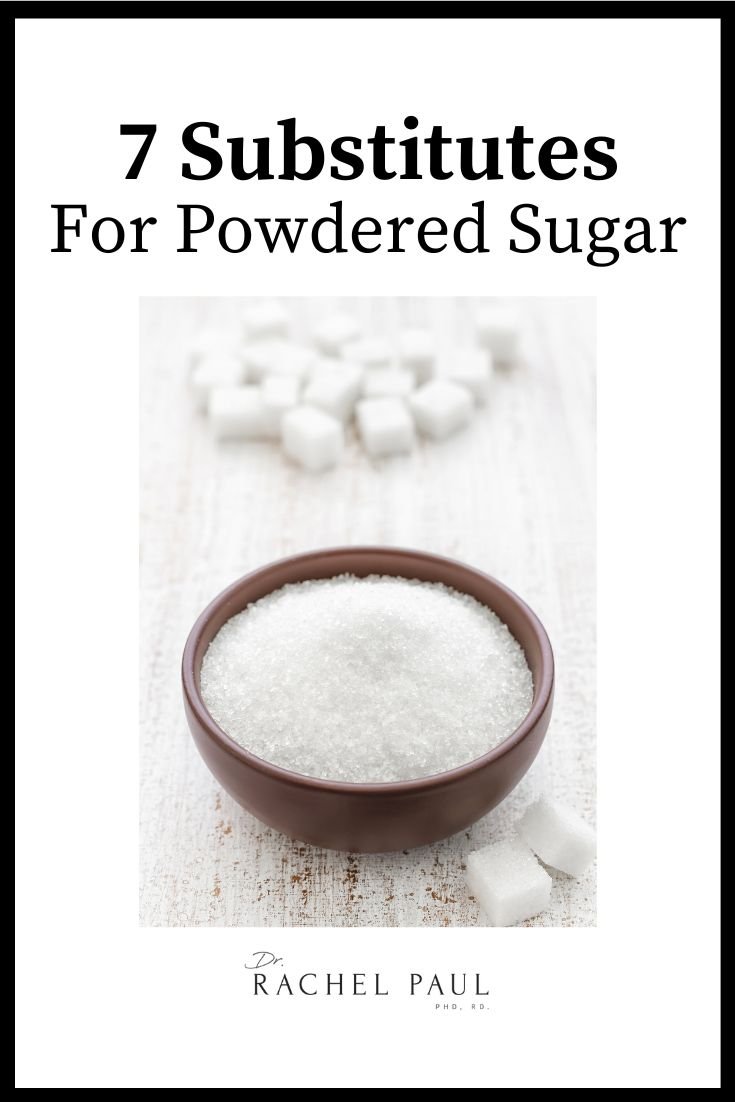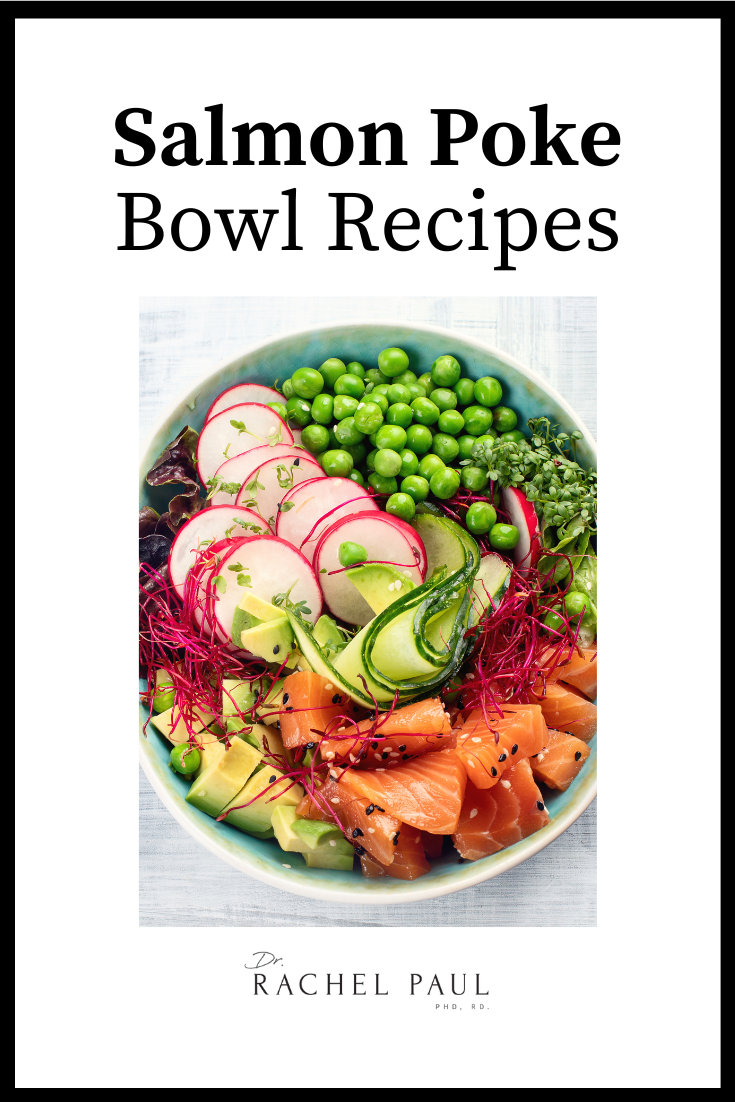It’s a well-known fact that eating vegetables is a great way to stay healthy.
It’s recommended to eat 2-4 cups of vegetables every day (depending on your age, gender, etc.).
While all vegetables are generally healthy, some are healthier than others because they’re more nutrient-dense.
So in this post, I’m sharing 15 vegetables that should always be on your plate every week.
15 Vegetables To Eat Every Week
Spinach
Spinach is one of the best leafy greens out there, and it definitely needs to be on the list of best vegetables to eat! It’s very nutrient-dense, while also being low-calorie.
It’s a great volume food – you can eat a lot of it, be full, and not go into calorie surplus by eating lots of it.
Another great thing about spinach is that it’s very versatile. You can eat it in a salad, or you can cook it.
It can also help reduce blood pressure.
Broccoli
Broccoli is a cruciferous vegetable. It’s nutrient-dense and has many health benefits, such as the reduced risk of cancer.
It contains vitamins K and A, as well as potassium.
Cauliflower
Cauliflower is an amazing vegetable to add to your weekly diet. It is packed with nutrients – it has vitamins C and K, and it has fiber and protein.
Cauliflower is also an amazing way to reduce your carb intake, and it’s a healthier option than certain carbs. For example, it’s a popular substitute for pizza dough.
While rice is not unhealthy, when you want to switch it up, cauliflower rice is a popular option as well.
There are many ways you can include cauliflower in your diet – soups, stews, baked cauliflower, casseroles, etc.
Carrots
Carrots contain beta carotene, which may help prevent cancer, and your body then turns into vitamin A. They’re an amazing source of that vitamin.
Carrots are also good for eye health.
Tomatoes
Tomatoes are, as we know, technically a fruit. However, since everyone considered them as a vegetable, I included them in this list.
They contain lots of vitamin C, as well as potassium.
There are many ways to include them in your diet, and salads and sauces are the most popular ways people eat tomatoes.
Beets
Beets are an amazing vegetable packed with nutrients. They’re full of dietary fiber, and they are also known to lower blood pressure and therefore reduce the risk of heart disease.
Garlic
Garlic has always been known as a vegetable with tons of health benefits. It’s not only very tasty and a must-have ingredient in so many different dishes, but it also improves your health.
Garlic lowers blood pressure, and it also improves blood sugar, which helps with type 2 diabetes.
There are tons of ways to utilize garlic, as it’s usually included in every sauce.
Kale
Another leafy green you should incorporate into your diet is kale. It has tons of essential nutrients, and it’s also known for its antioxidant content.
When it comes to vitamins and minerals, kale has vitamins C, K, and A, as well as potassium and copper.
It can also regulate blood sugar levels.
There are many delicious ways to eat kale – you can eat it raw, as a salad base, or you can cook it, and eat it in stews.
Asparagus
Asparagus is another vegetable that should be on your plate every week. You can get a good amount of folate from asparagus, which helps prevent many diseases.
Asparagus is very tasty when grilled, pan-fried, or even included in some stews or sauces.
Mushrooms
Mushrooms are super versatile and super delicious. They’re especially used in vegetarian and vegan diets, often as meat substitutes, but they also pair well with meat. You can use them in delicious sauces, soups, make “meatballs” or “burgers” out of them, and so much more.
So, it’s a good thing they’re also very healthy!
They improve heart health, cognition, and they prevent certain diseases. They also include both protein and fiber!
Brussels Sprouts
Brussels sprouts are full of fiber, vitamins C, K, and A, potassium, and magnesium. So, as you can see, they’re very good for your health, and should definitely be a part of your meal plan.
There are many delicious ways to eat brussels sprouts. My favorite way is to bake them.
Arugula
Here’s another leafy green that’s amazing for your health. Arugula, or rocket, is full of vitamin C, magnesium, and potassium.
It’s great in so many different salads, as it adds a unique, kind of spicy taste.
Swiss Chard
Swiss chard looks similar to collard greens, but when cooked, it has a really similar taste to cooked spinach.
It has many health benefits – it’s full of fiber, magnesium, vitamin C, and more.
It’s also low in calories, which makes it a great volume food.
Onions
Onions are used in all sauces, soups, and stews – plus, they’re very healthy! They reduce the risk of cancer, and have lots of vitamin C.
Bell peppers
Bell peppers are full of vitamin C, and they have antioxidant content. They can been eaten raw in salads, or cooked in tons of dishes.
Benefits of eating vegetables
They’re nutritious
Eating vegetables will give you the essential nutrients your body needs to be healthy. Veggies are very nutritious, which makes them crucial for your health.
They’re healthy
They’re overall a healthy food group. They don’t contain any bad properties, which makes them great for health. They also have many properties that reduce the risk of chronic diseases, cardiovascular diseases, and even cancer.
The amount of vitamins and minerals in vegetables also helps boost your immunity.
Good for weight loss
Generally speaking, vegetables are great for weight loss, as they’re usually low in calories. That means that many veggies, such as leafy greens, are considered volume food – you can eat a lot of it and make a big portion, without gaining weight.
Low in calories
As I mentioned above, vegetables are low in calories, so they’re easy to incorporate into a healthy diet.
Reduce the risk of heart disease
Many vegetables have certain qualities that reduce the risk of heart disease.
Good for your digestion
Since vegetables are full of fiber, they’re good for your digestion – they can help with constipation, and your overall digestive health.
They improve your skin
Certain veggies have been proven to help clear up your skin.
Good source of fiber
Fiber is very important for digestive health, and vegetables are the best source of fiber you can get.
Good for blood sugar
Many vegetables are known to regulate blood sugar levels.
Improve immunity
As they have tons of nutrients, they are great for your immunity.






